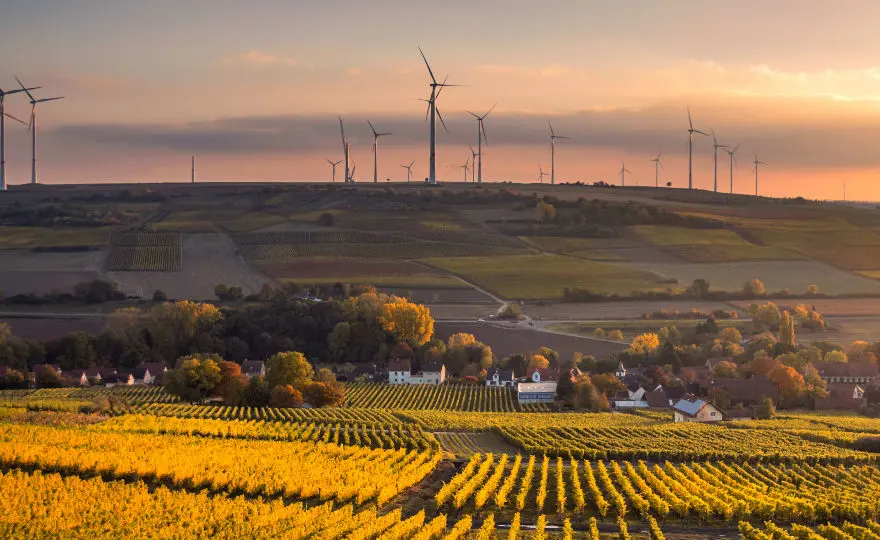ClientEarth Communications
12th April 2017


ClientEarth has triggered an examination of State aid given to polluting Bulgarian coal power plants by submitting a complaint to the EU Commission.
The Commission signed off on the State aid, in the form of free emissions allowances, in December 2013. However, ClientEarth has found that several of the conditions specified in this decision have not been met by the four coal plants in question or by the Bulgarian authorities.
This undermines the aim of the State aid to move Bulgaria towards a lower-carbon energy system by subsidising the continued operation of highly polluting coal plants, without modernising them as required.
The four power plants at the centre of the complaint will receive emissions allowances worth €197 million over the period 1 January 2013 to 31 December 2020. The estimated market value of all of the allowances granted to Bulgaria under the agreement over the same period is €945million.
The four plants in question are: Maritza 3 TPP (Dimitrovgrad), Brikel TPP, Bobov dol TPP and Pernik-Republika DH.
ClientEarth lawyer Sam Bright said: “There are clear breaches of the Commission’s own State aid decision here. For EU member states to move towards the low carbon energy sector that the Paris Agreement requires, and which the EU’s own rules dictate, the Commission can’t allow such misuse of public money. Instead of being used to modernise Bulgaria’s energy production, this State aid seems to have been used to reinforce the status quo.”
Member States with a 2013 GDP per capita of below 60% of the EU average (primarily Central and Eastern European countries) can award free emissions allowances under Article 10c of the EU ETS Directive in return for investments set out in National Investment Plans designed to modernise their energy system.
To do this, they must meet certain conditions. This includes retrofitting and upgrading the infrastructure, introduction of clean technologies and diversification of their energy mix and sources of supply.
In light of this, on 29 September 2011 Bulgaria submitted to the Commission its National Investment Plan, which sets out eligible investments during the period free allowances are available.
However, Bulgaria breached the requirements of the Commission’s decision giving the go ahead in several ways, namely:
Sam Bright added: “Article 10c is intended to support the transformation and diversification of energy systems. But when member states like Bulgaria use free allowances to prop up dirty, and often old, coal plants, this goes directly against the purpose of this provision. The frequent misuse of Article 10c is one reason why it must be reformed to shift investments to energy efficiency and renewable energy sources.”
After examining the State aid complaint prepared by ClientEarth, the Commission could choose to investigate and, ultimately, require the Bulgarian authorities to take measures to recover the value of the aid that has been illegally misused.